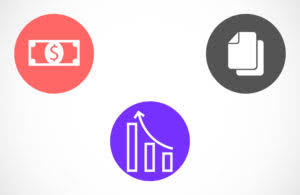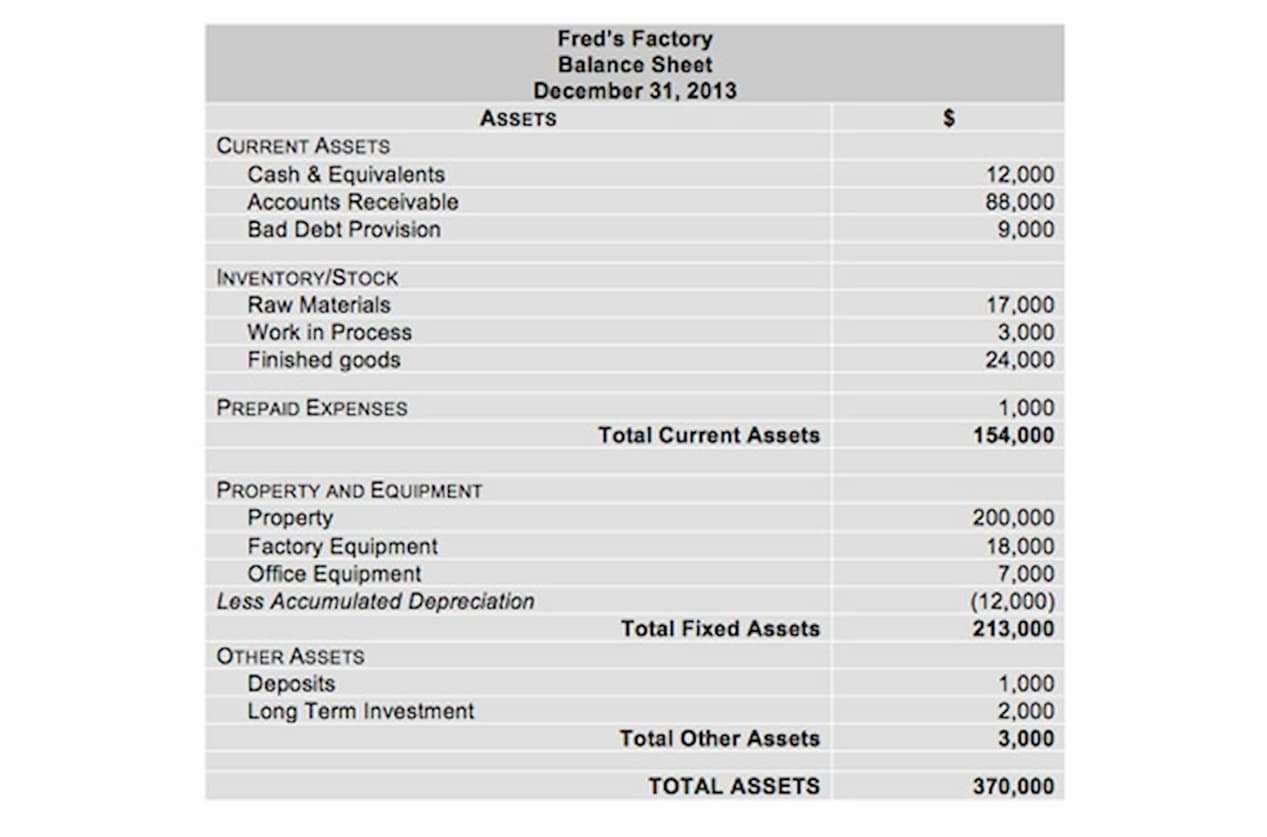Producing information that may be put to good use inside an organization is the primary goal of management accounting, which is a subset of accounting. Business managers are responsible for collecting data that enables them to engage in strategic planning, assists them in establishing attainable goals, and facilitates the effective direction of corporate resources. Financial accounting is used by external parties to determine compliance with standards set by the Financial Accounting Standards Board (FASB) and other industry regulators. The typical career path a managerial accountant goes through begins with entry-level positions such as internal auditor, cost accountant, financial analyst, etc.
Module 5: Managerial Accounting in Business
Break-even point analysis is useful for determining price points for products and services. Managerial accountants who have the responsibility of filing reports with the SEC are required to be certified public accountants. In other managerial accounting positions, certification is not mandatory but may be helpful for career advancement. The Certified Management Accountant Certification program is offered through the Institute of Management Accountants. Financial accountants who go on to become CPAs don’t often handle much of the managerial side of accountancy.
Verification of Reports
Managerial accounting has a more specific focus, and the information is more detailed and timelier. Managerial accounting is not governed by GAAP, so there is unending flexibility in the types of reports and information gathered. Managerial accountants regularly calculate and manage “what-if” scenarios to help managers make decisions and plan for future business needs. Thus, managerial accounting focuses more on the future, while financial accounting focuses on reporting what has already happened. In addition, managerial accounting uses nonfinancial data, whereas financial accounting relies solely on financial data. Financial accounting information is communicated through reporting, such as the financial statements.
- Budgets are extensively used as a quantitative expression of the company’s plan of operation.
- Businesses are constantly seeking methods to gain a competitive edge, and one strategy they employ is to analyze a vast amount of data, much of which may appear arcane or complicated to externals.
- Meanwhile, managerial accounting uses a plethora of information sources as long the information is relevant to management.
- Managerial accounting is helpful to the internal management of the organization’s daily work.
- While financial accounting looks at the past by analyzing financial information, managerial accounting looks at the future by examining financial information to make forecasts.
REPORTING FOCUS
When compiling information and creating reports, managerial accounting doesn’t have to comply with any local, state, or federal standards. This is because the information is typically kept in-house and is not meant for public consumption. Reports produced by financial accounting (e.g., financial statements and investor reports) are largely distributed (or at least available) externally to people outside your organization. One of the main functions of managerial accounting is to estimate future costs, such as production, marketing, inventory, shipping, and R&D.
Why You Can Trust Finance Strategists
The decisions their data informs include how to plan, control, and optimize a company’s operations and financial health. Despite their similarities, managerial and financial accounting aren’t the same job. You’ll need to understand these differences to ensure you follow the right career path. Financial accounting reports externally on the transactions and financial health of an organization. What are the differences between financial accounting and managerial accounting?
Financial and Management Accounting deal with different aspects of the business operations and so both systems are distinct from each other. The purpose of financial accounting is to provide information about past events, while that of managerial accounting is to help decision-makers within their organizations plan better for the future. Financial accounting must follow certain standards in accordance with GAAP, which is a requirement for businesses based in the U.S. to maintain their publicly traded statuses.
Essentially, the main focus is to provide information in order to help management. A managerial accountant is responsible for recording and processing data that will help the company perform better in terms of budgeting. The reports on risk management, budget, planning, and strategies that managerial accountants provide help the company make informed decisions in all those areas. Meanwhile, managerial accounting reports can be the whole business or only a part. For example, you can create reports for a specific branch of the business so that you can analyze if it’s meeting its revenue and profit goals.
Nevertheless, no future forecasting is allowed in the statements issued by a financial accountant. Financial accounting is created for its investors, creditors, and industry regulators. Performance measures such as return on equity, debt to equity, and return on invested capital help management identify key information about borrowed capital, prior to relaying these statistics to outside sources. It is important for management to review ratios and statistics regularly to be able to appropriately answer questions from its board of directors, investors, and creditors. External parties will then use this information to make decisions that will affect the relevant organization.
The key difference between managerial accounting and financial accounting relates to the intended users of the information. Managerial accounting, also known as management accounting is a type of accounting that focuses on managing the internal needs of a business. For instance, if your top salesman definition of ordinary income tax notifies you that one of his customers is closing down at the end of the year, and that customer brings in a lot of revenue, you need to develop a plan to help your company offset the loss. But, once you review your financial statements over the last six months, you see that revenue is down overall.
According to the BLS, globalization, a growing economy and a complex tax and regulatory environment, are expected to continue to lead to strong demand for accountants and auditors. Furthermore, both are concerned with revenue, expenses, assets, liabilities, and flows of cash. Also, both require quantifying the results of the organization’s economic activity. The types of decision-making that management accounting is used to inform include https://www.bookkeeping-reviews.com/ financial decisions, marketing decisions, production decisions, resource allocation decisions, and so on. Financial statements are due at the end of an accounting period, while managerial reports may be issued more frequently, to provide managers with relevant information they can act on immediately. Financial accounting is oriented toward the creation of financial statements, which are distributed both within and outside of a company.
They strive to improve the internal numbers such as efficiency, productivity, etc., and identify and remove bottlenecks to productivity and profitability. Financial accounting disregards the individual systems and focuses instead on whether the overall business is generating profit. If a financial accounting report indicates a loss for the business as a whole, a managerial accounting report would be conducted to find and fix the problems. When it comes to financial accounting vs managerial accounting, the main differences are the manners of collecting, processing, and reporting information.
Financial accounting, on the other hand, must conform to set reporting periods. Because managerial accounting deals with the parts rather than the whole, it is much more adept at identifying financial problems and how to fix them. There are also additional rules for publicly held companies that are governed by the Securities and Exchange Commission (SEC) that need to be followed as well. However, this doesn’t make managerial accounting an “easy” branch of accounting, as it requires experience and considerable training to thoroughly understand what factors influence a business’s success or failure. Franklin University offers a 100% online bachelor’s degree in accounting designed to help working adults earn their degrees.
There is an emphasis on creating accurate financial statements, using accurate financial data to be shared outside of the company. The reporting foci of financial accounting include reporting the company’s financial conditions and the end results on a particular date. In financial accounting, the reporting is focused on history, the prior year, or quarter; whereas, in management accounting, the reporting is focused on the present and future.
The final accounts or financial statements produced through financial accounting are designed to disclose the firm’s business performance and financial health. Managerial accounting is important for drafting accurate and complete financial statements for internal use and crafting a company’s long-term strategy. Without good managerial accounting, corporate leadership can struggle to make appropriate choices or misunderstand the firm’s true financial picture. Because managerial accounting documents are not official, they do not have to conform to GAAP and can be used internally for a variety of purposes. While they often perform similar tasks, financial accounting is the process of preparing and presenting official quarterly or annual financial information for external use.
These types of analyses help a company evaluate how to set pricing, evaluate the need for new or substitute ingredients, manage product additions and deletions, and make many other decisions. Since it largely entails planning and forecasting and calls for fewer journal entries, managerial or management accounting is thought to be simpler. It does not require financial statements to follow any particular set of accounting rules and is solely utilized internally. The purpose of financial accounting is embedded in the FASB’s conceptual framework of financial reporting. That’s why the phrase “for the period ended” or “as of” is always present in financial statements. Interim reports still follow the US GAAP standards and they are also integral to the annual set of financial statements.
Regarding the frequency, reporting in financial accounting is done semi-annually, annually, quarterly, and yearly. In management accounting, the reporting is a lot more frequent and it can be daily, weekly, or monthly, depending on the business’ needs. If you only ever looked at one side of that coin, your knowledge of the company would be incomplete. Ideally, your business needs both sides — managerial accounting and financial accounting — to be successful. Financial accounting, on the other hand, is strictly regulated by a vast number of basic, intermediate, and advanced accounting standards. The fact that the U.S. tax code contains more than 73,000 pages is indication enough of the high standards set on financial accounting.






